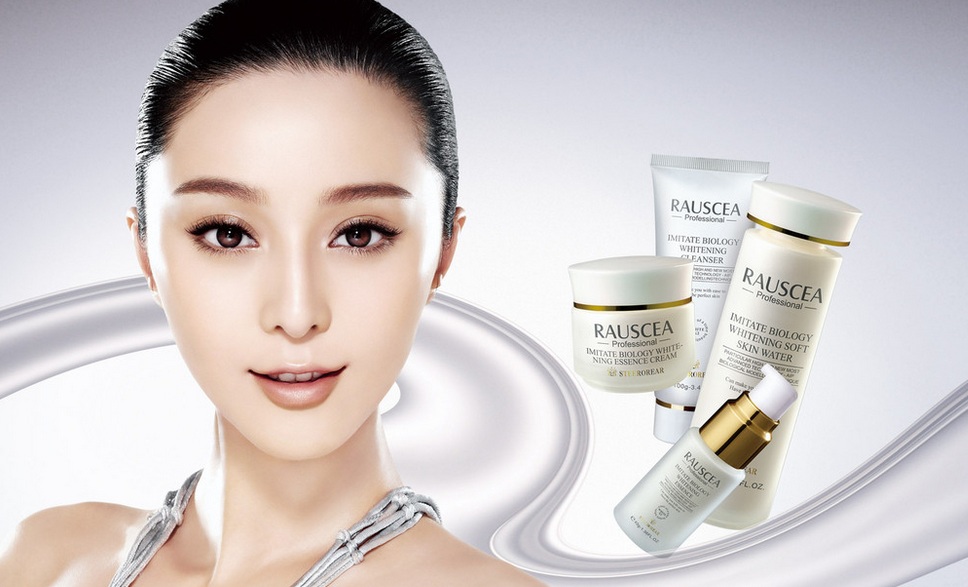Has any world big cosmetic name not set their feet in China yet? Probably not. China market is simply too big and profitable to miss. In 2019, the cosmetic market grew by almost 13 percent (equivalent to RMB 40 billion or approx. US$5.72 billion), to reach RMB 299 billion (US$42.8 billion), according to data published by the National Bureau of Statistics.
With the new regulation of the Regulation on the Supervision and Administration of Cosmetics (the “New Regulation“) promulgated in late June this year but to take effect on January 1, 2021, cosmetics industry in China is now entering a new era. One of the big changes interesting to international cosmetic companies is that it makes it easier to export cosmetics to China markets now.
This post talks about how foreign cosmetic products can be exported to China under the New Regulation?
I. Special or General Cosmetics
Under the New Regulations, cosmetics are divided into two groups: special cosmetics and general cosmetics. Different rules are designed for them.
According to Article 16, Special Cosmetics refer to those used for hair dying, hair perming, hair loss prevention, sun screening, and spot removal & skin lightening or products that claim a new function. Other than these Special Cosmetics, the rest are all General Cosmetics, including toothpaste that is now for the first time brought into general cosmetics.
II. Registration for Special Cosmetics and Filing for General Cosmetics
(1) Export of Special Cosmetics
To import special cosmetics into China market, a registration system and procedure (you can understand this as a license) shall be followed where it can still be lengthy but substantially shortened compared to old practice.
Before any Special Cosmetics are exported into China market, they shall be registered with China National Medical Products Administration (NMPA) following the same rules for registering new raw materials under the New Regulation.
According to Article 13 of the New Regulation, registration application or registrant shall submit application documents to relevant department of NMPA which shall within 3 business days forward those documents to Technical Evaluation Institution, and then TEI shall within 90 business days finish technical evaluation and submit its opinions to NMPA. Lastly, NMPA shall within 20 business days of receipt of the technical evaluation opinions make a decision on whether or not to approve the registration application. If approved, such entry on the register will be published by NMPA within 5 business days.
Once approved, a certificate of registration will be issued to registrants and this certificate has a valid term of 5 years which can be renewed easily.
(2) Filing of General Cosmetics
Filing process (some people call it notification process) is quite simple and straightforward which is heralded as effectively reducing red tape in cosmetic businesses in China.
Filing applicants just need to upload required information about their general cosmetics onto the online platform operated by NMPA which will publish such filings within 5 business days. Then done!
(3) Common Documents Required for Application
When applying for registration for Special Cosmetics or filing of General Cosmetics, the applicants shall prepare and submit the following documents:
(i) certificate of incorporation or other documents to prove good standing of the applicant company;
(ii) proofs proving quality management systems appropriate for the relevant products;
(iii) proof proving the capability of monitoring and assessing adverse reaction of cosmetics;
(iv) name, address and contact information of the registrant or filer (notifier);
(v) name, address and contact information of manufacturing enterprise;
(iv) name of the product;
(vi) formula or all ingredients of the product;
(vii) industrial standard executed;
(viii) sample label of the product;
(ix) testing report of the product;
(x) safety evaluation data of the product.
In addition, if the relevant Special or General cosmetics are already launched in the country or region of the manufacturing and supporting documents to prove that the foreign manufacturing enterprises meet the requirements of quality control on cosmetic products. For those cosmetics just catering to Chinese markets that are not sold in foreign markets, related research and testing materials on Chinese consumers shall be submitted as part of the application for registration or filing.
(4) Obligation on Cosmetics Importers
Importers (very often a subsidiary or joint venture in which exporters have an equity position) are required to check out whether imported cosmetics are duly registered or filed. They are further required to keep genuine records of the information of the imported cosmetics for certain amount of time.
III. Your Way into China Market
Exporting cosmetics products into China can be challenging despite the irresistible temptation of the huge market. The industry eco system, consumer preference, marketing tactics and competition are all considerations you should take into account when you set up your China strategy.
Being personally involved in this industry helping foreign clients in promoting their cosmetic ingredients, I have some real experience in this industry that may prove to be useful in helping foreign branding companies in launching and selling their products in China.
So do you have your clear path to China for your cosmetic products?






Comments